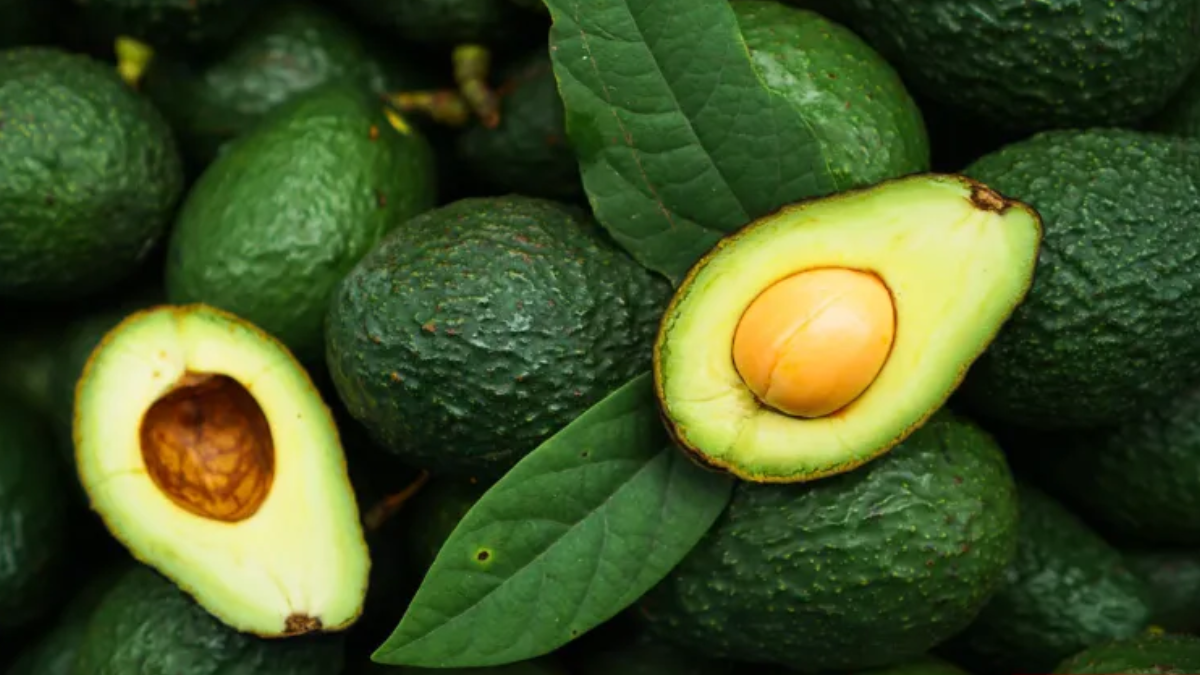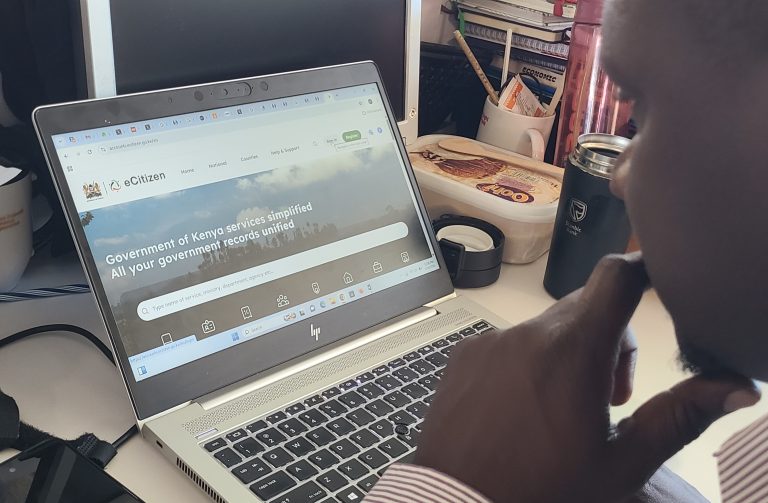Tanzania has seized this opportunity in the last two decades and is now Africa’s fourth-largest avocado exporter, behind Kenya, South Africa and Morocco.
The top destinations for Tanzania’s avocados are Europe (40%), India (30%) and the Middle East (19%). Tanzania’s avocado exports increased from 1,393 tons, valued at US$1.9 million in 2013, to 36,520 tons, valued at US$79.813 million, in 2024.
For my PhD research, I followed Tanzanian avocados from the farms through to local markets and packhouses for export. The research aimed to uncover the underlying structures, relationships and systems that cause food waste in Tanzania’s avocado trade. I knew avocados were being wasted so I set out to uncover why this was happening and who carried the heaviest cost.
The farmers, farmer associations and commercial packhouses managers that I interviewed said that in Tanzania’s domestic avocado production sector, up to 40% of the avocados overall were wasted because of damage to the fruits and
pests or diseases. In the export avocado sector, we found 30%-50% losses for smallholders and some large-scale farmers, and 10%-20% for large commercial farms due to fruits not meeting quality standards.
My research shows that the choices of consumers who buy avocados in Europe are directly connected to the real-life struggles of Tanzanian farmers. Global food systems can harm local communities. Farmers need protection.
For example, some local governments have worked with exporters at the start of harvesting to set a minimum price. This ensures that farmers don’t have to accept rock bottom prices. This should be adopted widely. Farmer associations and cooperatives should also receive more training in how to prevent waste.
How Tanzanian avocados are wasted
We spoke with farmers, traders, middlemen, farmer associations and co-operatives, processors and exporters and observed the avocado trade.
We found that avocados are damaged because brokers and transporters routinely jump on sacks to compress them for transport, or use their feet to spread them. This is because of the misperception that unripe fruit is “as hard as stone” and cannot be damaged.
Hass avocados grown specifically for export are only accepted if they’re intact, clean, a good size, green in colour with no blemishes and have short stalks.
The domestic avocado varieties are wasted because farmers often have no cold storage or access to fast transport to get them to market quickly. They ripen very fast after harvest and if they’re not sold promptly, they spoil.
Before 2016, rejected export avocados were dumped. Today some are bought by oil processing factories.
Avocado waste hurts small farmers and makes inequality worse
Our research also found that there is very little support from agricultural extension officers for smallholder farmers who grow for the local market. These farmers lack training in quality standards, harvesting techniques, and how to negotiate with the brokers and traders. Women are most affected because they dominate the domestic avocado trade, harvesting the avocados and selling them to middlemen and consumers. They have less access to capital and infrastructure than male-owned small businesses who dominate the wholesale market.
The middlemen who buy the avocados in bulk from the women often use their advantaged positions to offer lower prices, sometimes reject a consignment, or use their own standards to reject avocados.
Smallholder farmers growing for the local market have another problem: they harvest first and negotiate prices afterwards. They’re in a race against time to sell before the avocado spoils, and if brokers back out or offer lower prices, farmers are forced to sell quickly or risk spoilage.
The inequalities in the industry come from exporters, brokers, and owners of avocado packhouses holding much more power than farmers. They set prices, enforce standards and control contracts.
In addition, only some farmers can attempt selling their avocados directly on the export market because they need certificates to show their produce meets all the quality standards required by the export market. This is very difficult for smallholder farmers, our research found.
To access required inputs for production, some smallholder farmers get credit from exporters that’s deducted after harvest. If the crop fails, the smallholder farmers are left with no safety net. They cannot simply sell their avocados locally if they’re rejected. My research found that domestic consumers prefer large, smooth-skinned avocado varieties. Export varieties like Hass are smaller and rougher, making them harder to sell locally.
What needs to happen next
My research came up with several ways to end Tanzanian avocado waste:
- Farmer cooperatives and associations should be supported by government and development organisations to provide training to their members on good crop management, harvesting and handling practices, how to negotiate better contracts, and to provide flexibility to farmers in choosing buyers.
- Local governments should work with processors, exporters and traders to set minimum prices to protect smallholder farmers from exploitation in the domestic supply chain.
- Farmers should have access to real-time market data, including export prices and processing costs. This improved market transparency will benefit farmers to negotiate better prices, but also understand the market and consumers expectation of product quality.
- Exporters currently have different quality standards for the size and appearance of avocados. These must be standardised for fairness and to reduce the number of avocados being rejected.
- Brokers, pickers, and traders need education on proper handling to reduce damage and waste.
- The government should continue investment in cold storage and transport. They should also build oil processing facilities that can absorb surplus and rejected produce.
In the rush to transform African agriculture for global markets, it is important to consider what is left behind or thrown away. Food waste is not just a symptom of inefficiency; it is a mirror of deeper injustices. To build sustainable and inclusive food systems, we must ask why so much food is wasted and who pays the price.![]()
By TV 47 Kenya











